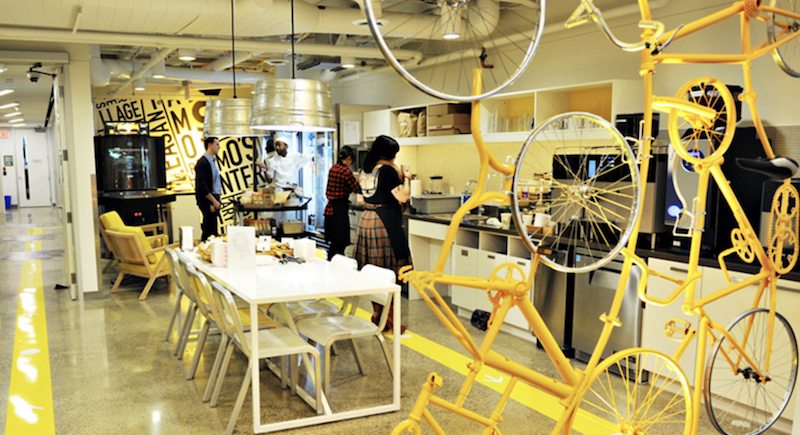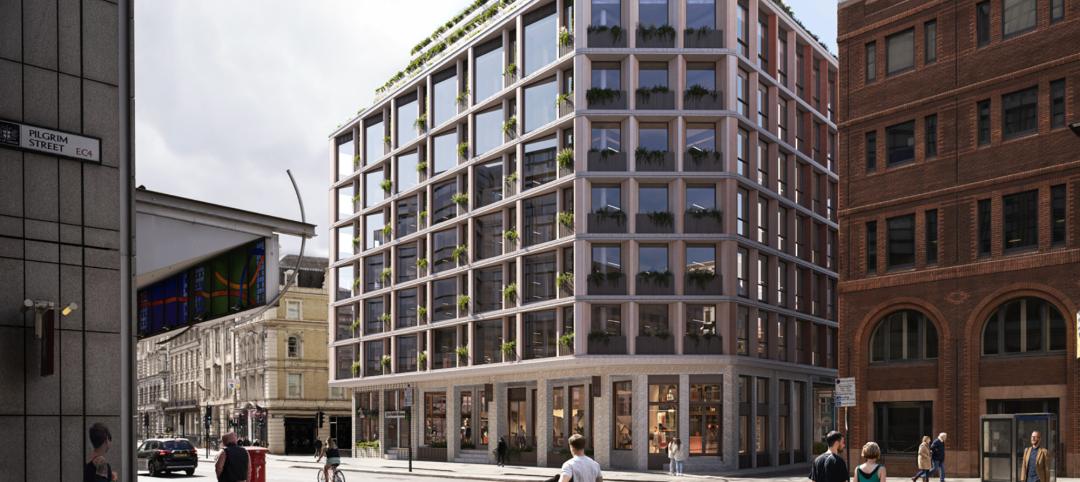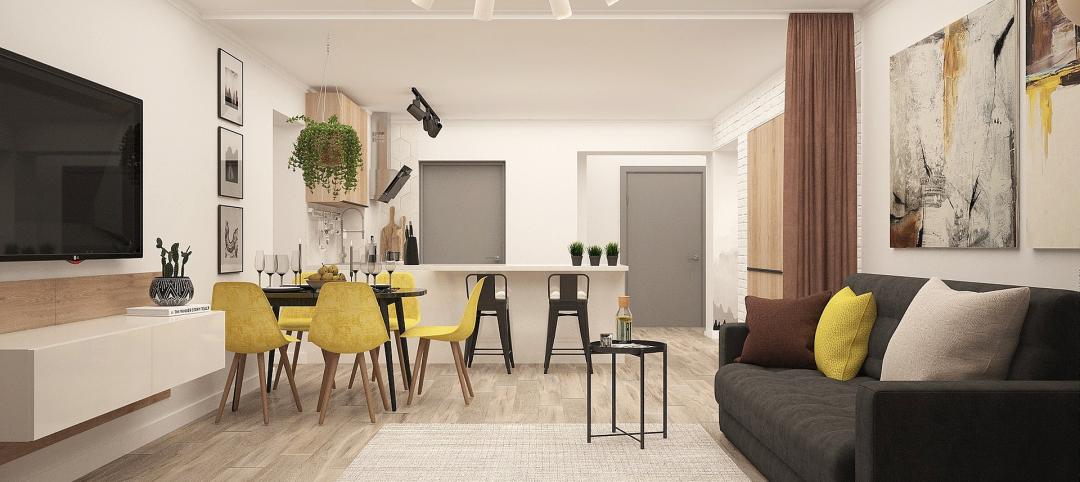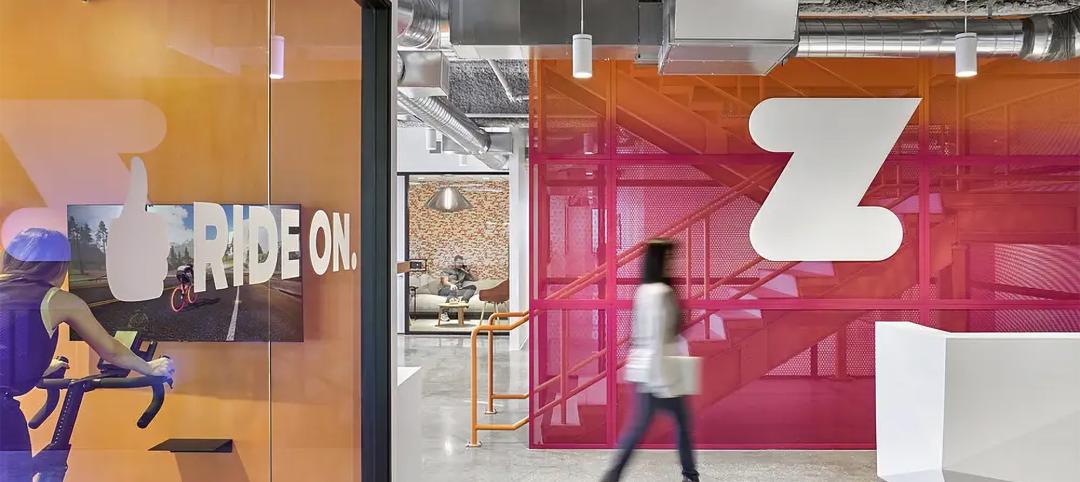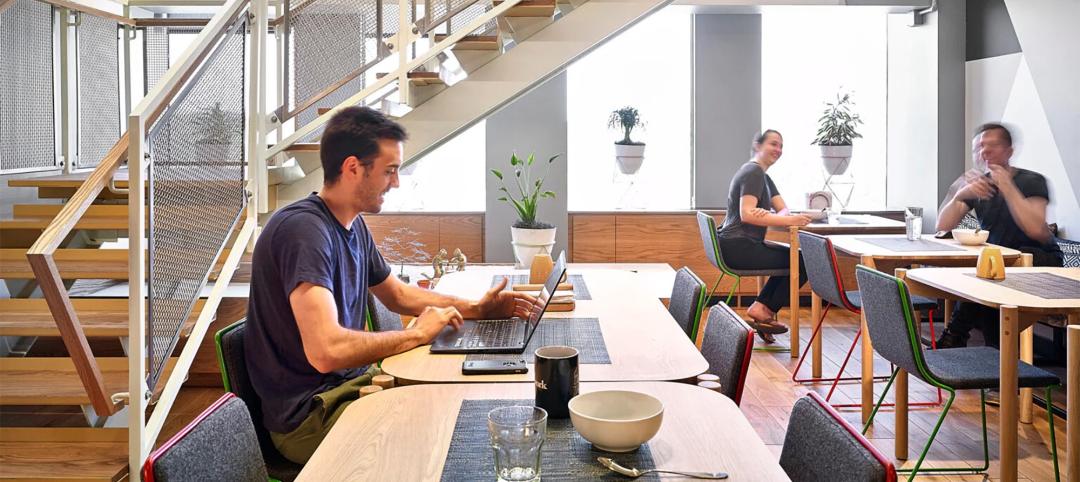Perkins Eastman has released a highly annotated study that suggests that employees are more likely to be open to discovery when their workplaces are infused with a state of play, which the study’s authors define as engaging in activities for the pure enjoyment of the process.
“The right kind of play has an essential role in producing innovation,” the authors state. They elaborate that a sense of being removed from external pressures “leaves us open to different perspectives and experiences.” The authors also see play as an effective social connector, “helping to form trusting relationships or to open up lines of communication.”
The study cites numerous books and papers that examine this topic. One of its touchstone is the Hungarian-American psychologist Mihaly Csikszentmihalyi’s book Creativity: Flow and the Psychology of Discovery and Invention, which provides examples of innovations in art and science that burbled to the surface as a result of specifically not focusing on work. Ransom Stephens, the author of A Look at the Neuroscience of Innovation & Creativity in Art, Science & Life, calls this phenomenon “defocusing into insight.”
This “Google-ization” of the office, where play and work mingle, only leads to discovery, says Perkins Eastman, when play is “serious.” Its study quotes Bruce Nussbaum, a professor of design at Parsons The New School of Design, who wrote: “In serious play there are rules, there is competition, there are winners and losers. Above all, there is learning, the kind of learning that allows you to navigate unknown areas, make unusual connections, and achieve new goals in unforeseen ways.”
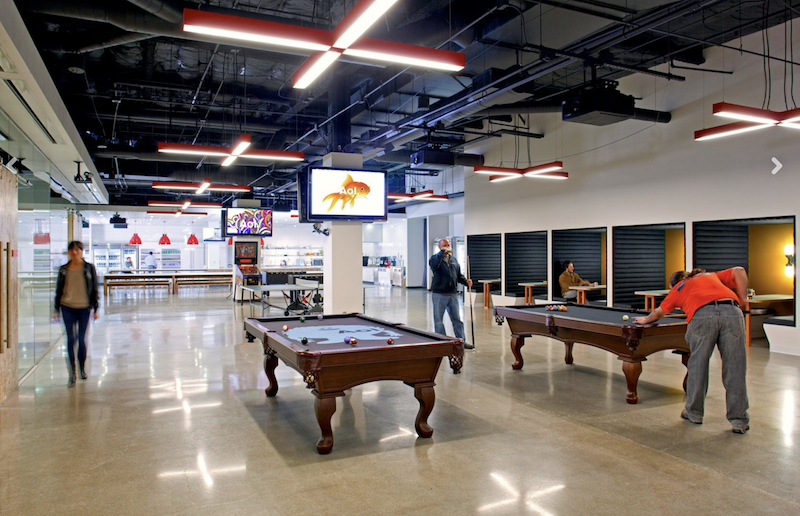
AOL was an early adopter of the concept of playful workplaces. When it relocated to its 80,000-sf headquarters Palo Alto, Calif., in 2011, it hired Studio A+O, to refresh and create a more relaxed office environment. Image: Jasper Sanidad/AOL
The study offers several instances where the built environment has increased creative output. It singles out IDEO, the global design and innovation consultant, whose longtime partner Tom Kelley credits his company’s success to a culture of playfulness and collaboration.
IDEO’s offices don’t feel like typical office spaces, Perkins Eastman notes: “Wide-open floor plans provide a flexible backdrop for communal tables and various types of meeting areas. Displays of Post-it-covered walls, outlandish prototyping experiments, and bicycles suspended from the ceiling send the collective message to employees that here, anything goes.”
Kelley describes each IDEO office as a collection of “neighborhoods,” where people are grouped together on a project-by-project basis, as opposed to their skill set or expertise.
To inform its suggested design solutions, Perkins Eastman turns to a recent paper, “Elements of a Successful Playspace: Enhancing Physical, Cognitive and Social Experience,” written by the nonprofit Project for Public Spaces, which considers three overarching concepts for a successful play environment: physical, social, and cognitive.
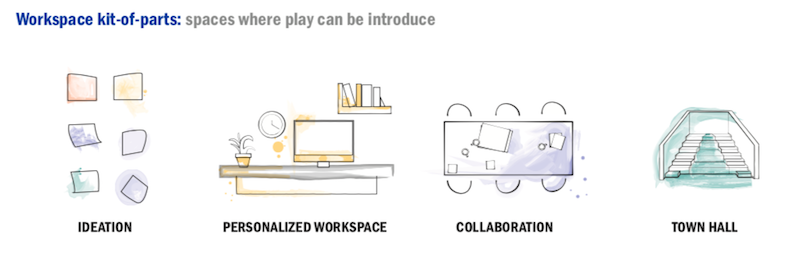
Perkins Eastman sees plenty of opportunities where play can be a part of the workplace. Image: Perkins Eastman
For companies that want to promote creativity and innovation through play, Perkins Eastman recommends:
Personalization — Giving employees the freedom to personalize their workspaces can be an effective strategy.
Access + Linkages — Collaboration can increase the
rate at which new ideas are generated and played out—an important competitive advantage when it comes to innovation. Bringing people together can raise the level of enthusiasm surrounding new ideas, as well as increase the chances of follow-through.
Variety + Choice — It notes that IDEO’s Kelley emphasizes that hierarchy is the enemy of playful and productive work environments. A company culture that communicates that everyone’s ideas are important is a fertile environment for innovation. It is for this reason that IDEO has strived from its beginning to maintain a flattened corporate structure. IDEO employees are categorized by four “levels of impact” based on their skills and responsibilities.
Related Stories
Codes and Standards | Jul 19, 2023
Office leasing in major markets by financial services firms rebounds to pre-pandemic norms
Though the pandemic led to reductions in office leasing by financial services firms in gateway markets, a recent report by JLL found a notable leasing resurgence by those firms.
Sustainability | Jul 13, 2023
Deep green retrofits: Updating old buildings to new sustainability standards
HOK’s David Weatherhead and Atenor’s Eoin Conroy discuss the challenges and opportunities of refurbishing old buildings to meet modern-day sustainability standards.
Government Buildings | Jul 13, 2023
The recently opened U.S. Embassy in Ankara reflects U.S. values while honoring Turkish architecture
The U.S. Department of State’s Bureau of Overseas Buildings Operations (OBO) has recently opened the U.S. Embassy in Ankara, Turkey. The design by Ennead Architects aims to balance transparency and openness with security, according to a press statement. The design also seeks both to honor Turkey’s architectural traditions and to meet OBO’s goals of sustainability, resiliency, and stewardship.
Sponsored | Fire and Life Safety | Jul 12, 2023
Fire safety considerations for cantilevered buildings [AIA course]
Bold cantilevered designs are prevalent today, as developers and architects strive to maximize space, views, and natural light in buildings. Cantilevered structures, however, present a host of challenges for building teams, according to José R. Rivera, PE, Associate Principal and Director of Plumbing and Fire Protection with Lilker.
Mass Timber | Jul 11, 2023
5 solutions to acoustic issues in mass timber buildings
For all its advantages, mass timber also has a less-heralded quality: its acoustic challenges. Exposed wood ceilings and floors have led to issues with excessive noise. Mass timber experts offer practical solutions to the top five acoustic issues in mass timber buildings.
Multifamily Housing | Jul 11, 2023
Converting downtown office into multifamily residential: Let’s stop and think about this
Is the office-to-residential conversion really what’s best for our downtowns from a cultural, urban, economic perspective? Or is this silver bullet really a poison pill?
Adaptive Reuse | Jul 10, 2023
California updates building code for adaptive reuse of office, retail structures for housing
The California Building Standards Commission recently voted to make it easier to convert commercial properties to residential use. The commission adopted provisions of the International Existing Building Code (IEBC) that allow developers more flexibility for adaptive reuse of retail and office structures.
Headquarters | Jul 5, 2023
The game room: Transforming game design office spaces
IA Interior Architects' designers discuss the aesthetic considerations for gaming industry work environments.
Office Buildings | Jun 28, 2023
When office-to-residential conversion works
The cost and design challenges involved with office-to-residential conversions can be daunting; designers need to devise creative uses to fully utilize the space.
Standards | Jun 26, 2023
New Wi-Fi standard boosts indoor navigation, tracking accuracy in buildings
The recently released Wi-Fi standard, IEEE 802.11az enables more refined and accurate indoor location capabilities. As technology manufacturers incorporate the new standard in various devices, it will enable buildings, including malls, arenas, and stadiums, to provide new wayfinding and tracking features.


